Waymo, the self-driving vehicle unit of Alphabet, showed its latest advances at Castle, its test track in California’s Central Valley.
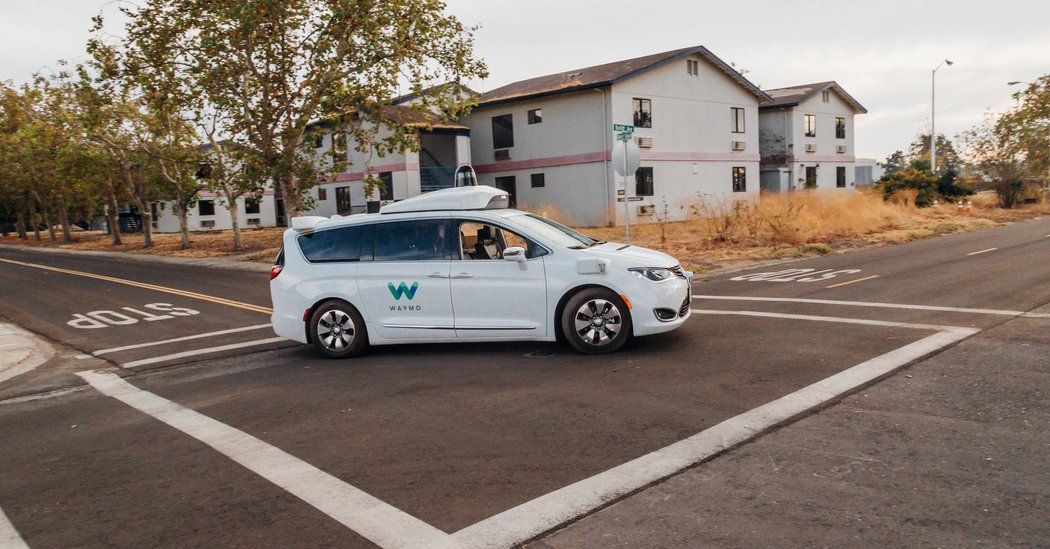

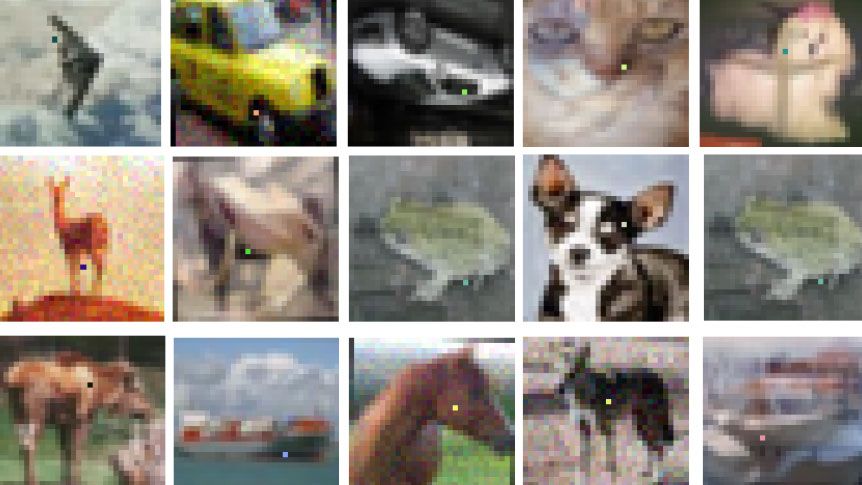
Thank a new approach to spoofing image recognition AIs, developed by a team from Kyushu University in Japan, for that joke.
Trying to catch out AIs is a popular pastime for many researchers, and we’ve reported machine-learning spoofs in the past. The general approach is to add features to images that will incorrectly trigger a neural network and have it identify what it sees as something else entirely.
The new research, published on the arXiv, describes an algorithm that can efficiently identify the best pixels to alter in order to confuse an AI into mislabeling a picture. By changing just one pixel in a 1,024-pixel image, the software can trick an AI about 74 percent of the time. That figure rises to around 87 percent if five pixels are tweaked.
Japanese automaker Toyota is looking to reduce their vehicles’ carbon emissions by phasing out gas engines from their lineup by 2040.
The US Department of Transport (DoT) recently decreed that all hybrid and electric vehicles must make a noise to protect pedestrians, especially folks who are blind or have limited vision. Rather than just saying, “okay, we’re adding a noise to our EVs, you guys,” Nissan made a big production about releasing its “song,” even giving it a name. “‘Canto’ has been developed to help with pedestrian safety, as well as to provide … a sound that is energizing and confident,” the company said in a press release.
The sound changes tone and pitch when the vehicle speeds up and slows down, and is activated at speeds of around 12 to 19 mph. In the US, the standard is 30 km/h (19 mph), a rule the DoT said “will help prevent about 2,400 pedestrian injuries each year once all hybrids [sold in the US] are properly equipped.” Nissan says its own sound is also made to “enrich the aural environment of a typical city street” and be clearly audible, but not disturbing to city residents or vehicle occupants.
Nissan says that “Canto” comes from Latin and means “I sing,” adding that the sound is still subject to change. To me, the harmonic tone (below) sounds like a cross between an orchestra warming up and THX’s “the audience is listening” theater sound trailer. If you’re crossing the street when one of its future vehicles shows up (the EV above is the Leaf Nismo concept), it’s certain to make your activities feel more dramatic, anyway.
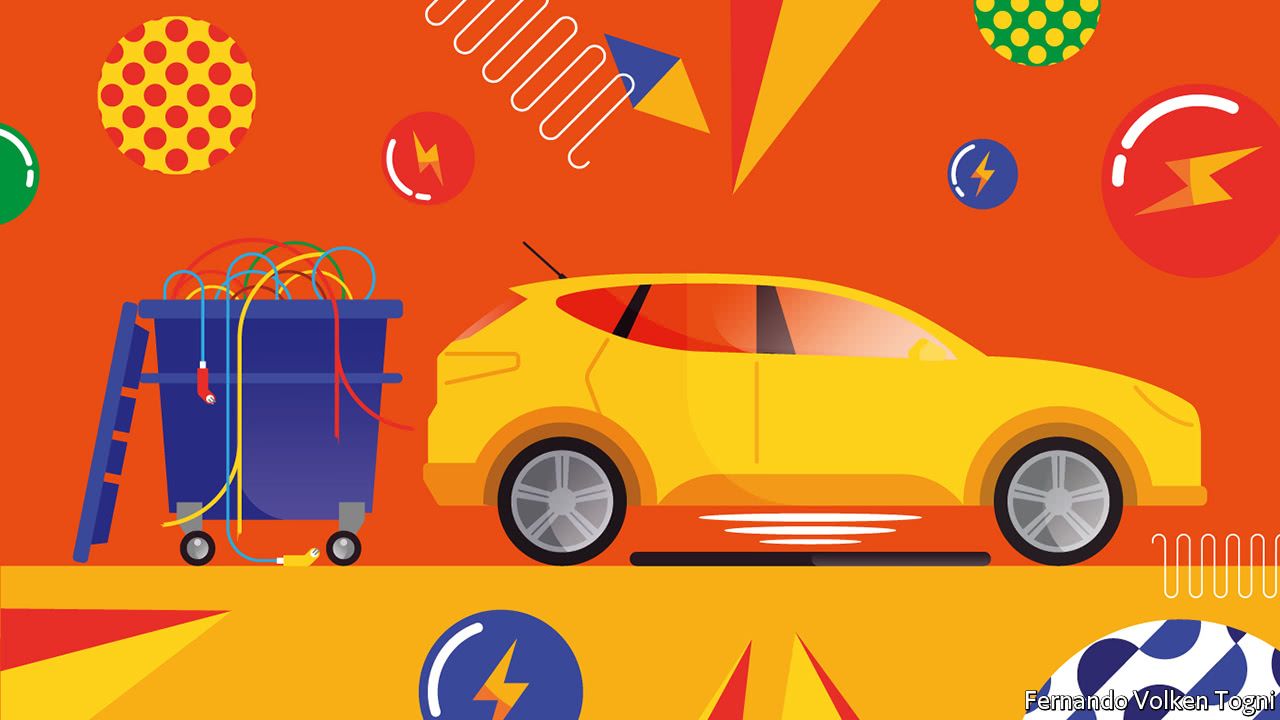
A WISE driver keeps an eye on the fuel gauge, to make timely stops at filling stations. For drivers of electric cars, though, those stations are few and far between. The infrastructure needed for refilling batteries has yet to be developed, and the technology which that infrastructure will use is still up for grabs. Most electric cars are fitted with plugs. But plugs and their associated cables and charging points bring problems. The cables are trip hazards. The charging points add to street clutter. And the copper wire involved is an invitation to thieves. Many engineers would therefore like to develop a second way of charging electric vehicles—one that is wireless and can thus be buried underground.
Electrical induction, the underlying principle behind wireless charging, was discovered by Michael Faraday in 1831, and is widely used in things such as electric motors and generators. Faraday observed that moving a conductor through a magnetic field induced a current in that conductor. Subsequent investigations showed that this also works if the conductor is stationary and the magnetic field is moving. Since electric currents generate magnetic fields, and if the current alternates so does the field, an alternating current creates a field that is continuously moving. This means that running such a current through a conductor will induce a similar current in another, nearby, conductor. That induced current can then be used for whatever purpose an engineer chooses.
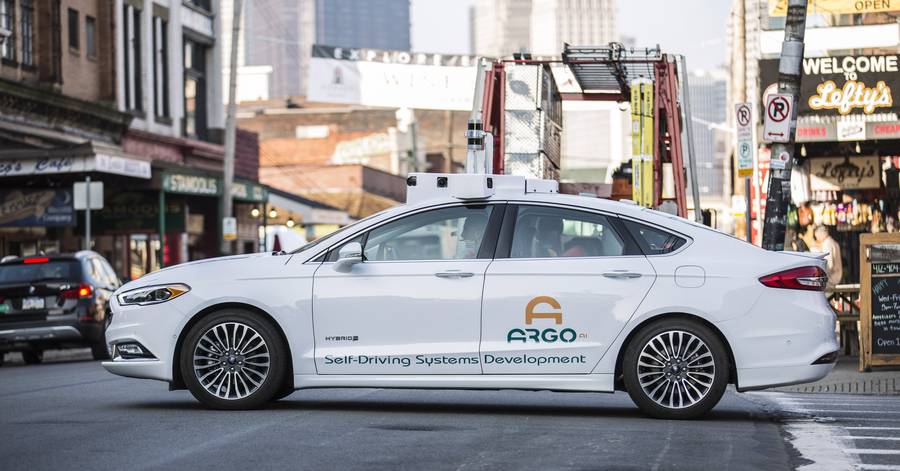
Argo AI LLC, a driverless-car developer controlled by Ford Motor Co., has purchased a 17-year-old company that makes laser systems needed to operate cars without human intervention, an important step for a conventional Detroit auto maker looking to boost its role in shaping the industry’s transformation.
Argo AI said Friday it is buying New Jersey-based Princeton Lightwave Inc. for an undisclosed price, a move that provides Ford with more immediate access to so-called lidar systems that use lasers to create a 3D view of the…
To Read the Full Story.
Is this what cars will look like in 2030?
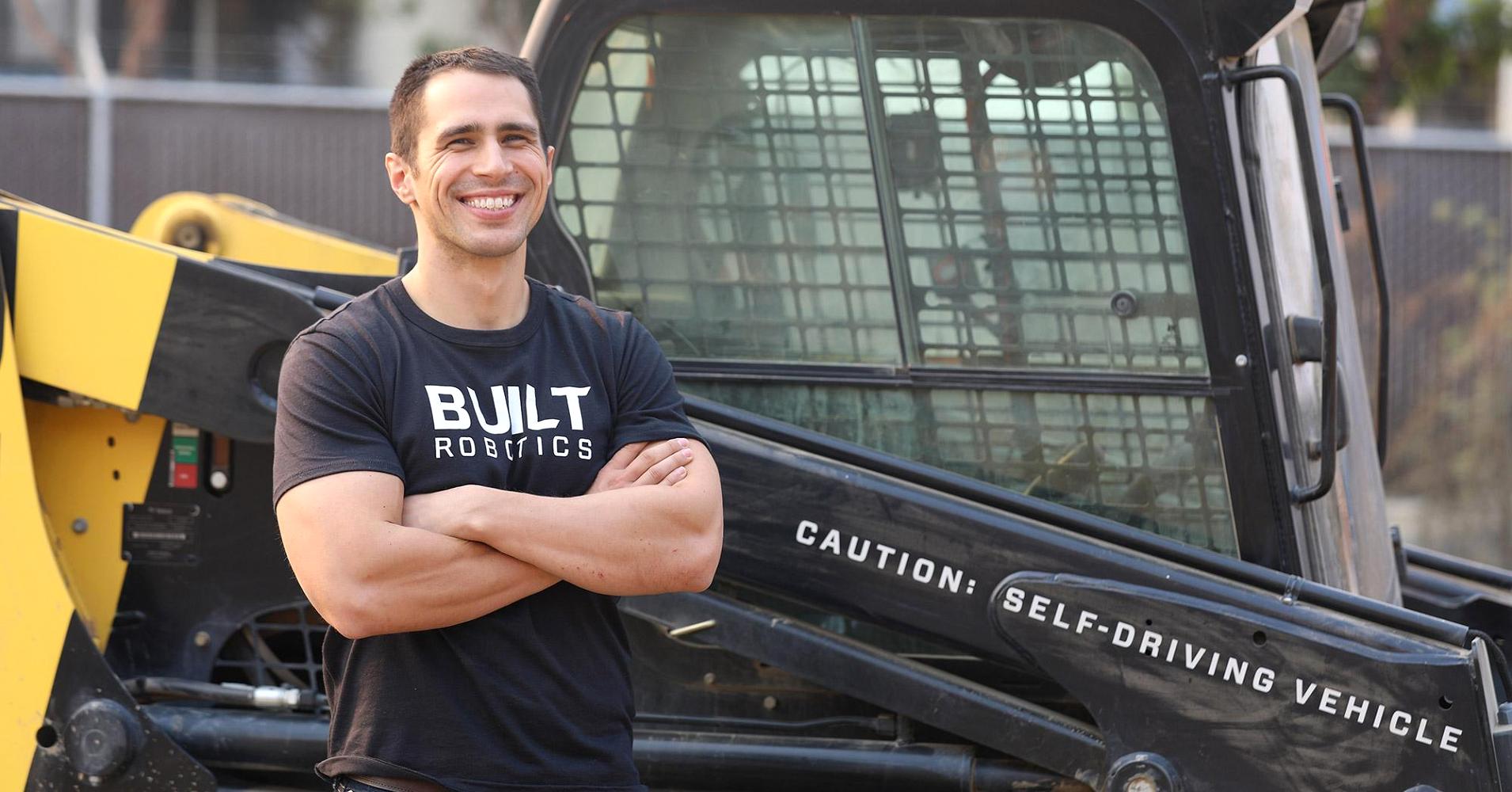
Fully automated mining and factories and advanced robotics on the moon and asteroids could be leveraged for the exponential development of space. Here we review some of the developments of robotics for mining and factories on earth.
Robotic mining
Rio Tinto has 73 self driving trucks hauling iron ore 24 hours a day at four mines in Australia. They also use robotic rock drilling rigs. They are starting to use self driving trains that will be loaded and unloaded automatically. Driverless locomotives hae been tested extensively in 2017 and will be fully deployed by 2018.
With artificial intelligence technology advancing rapidly, the world must consider how the law should apply to synthetic beings. Experts from the fields of AI, ethics, and government weigh in on the best path forward as we enter the age of self-aware robots.
Artificially intelligent (AI) robots and automated systems are already transforming society in a host of ways. Cars are creeping closer to Level 5 autonomy, factories are cutting costs by replacing human workers with robots, and AIs are even outperforming people in a number of traditionally white-collar professions.